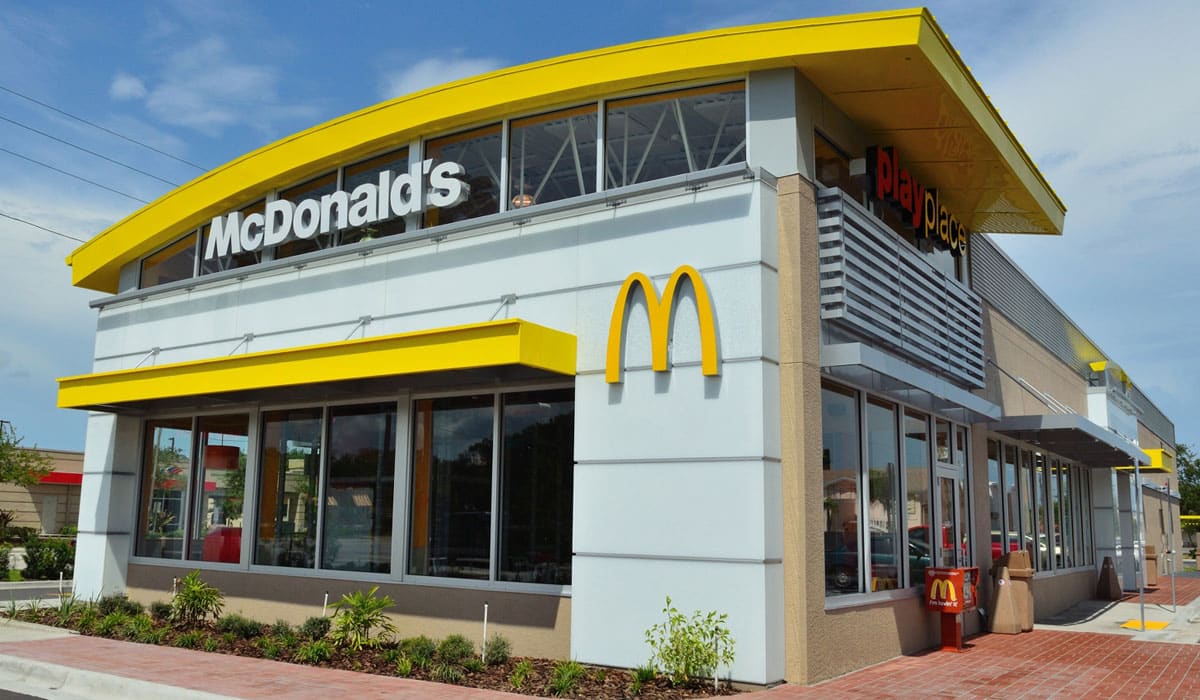A Pittsburgh area McDonald’s franchisee with more than three decades of history declared bankruptcy.
Rice Enterprises operates eight restaurants and employs 435 workers. According to the court filing, the company entered bankruptcy to preserve franchise agreements and leases and to restructure its debt obligations so it can “provide breathing space, time to reduce litigation expenses, and maximize the value of its estate for all creditors and interests.”
Michele Rice, a second-generation owner and sole member of Rice Enterprises, has been an approved McDonald’s owner-operator since 2003. The franchise started in 1987 when her parents, James and Edith Rice, purchased their first restaurant in Boston. The company sold the Boston store when the family moved to Buffalo in the early 1990s. The franchise operated four units in that trade area before moving to Pittsburgh in 2000. Rice Enterprises is the largest minority-owned business in the market, according to the Pittsburgh Business Times.
Court documents show assets between $10 million and $50 million and liabilities between $1 million and $10 million. McDonald’s is listed as the top unsecured creditor over a $1 million indemnification claim. Rice Enterprises disputes this issue, the filing states.
Kirk Burkley, managing partner of Berntstein-Burkley, the law firm representing Rice Enterprises, told the Pittsburgh Business Times that all stores are operating as normal.
The franchise is currently involved in a lawsuit in which Walter Garner, one of its managers, pleaded guilty to raping a 14-year-old girl in the bathroom of a restaurant. The lawsuit accuses Rice Enterprises of hiring Garner despite being listed as a registered sex offender since 2004.
Rice Enterprises is at least the fourth multi-unit quick-service franchisee to declare bankruptcy in recent months. The other three happened under RBI’s watch. Earlier in the year Burger King franchisees, 90-unit TOMS King and 120-unit Meridian Restaurants Unlimited declared bankruptcy. Both blamed COVID, including increased costs and labor issues and unrelenting liabilities. Also, a a 19-unit Popeyes operator, Premier Cajun Kings, went into bankruptcy almost a year after its owner unexpectedly passed away.








